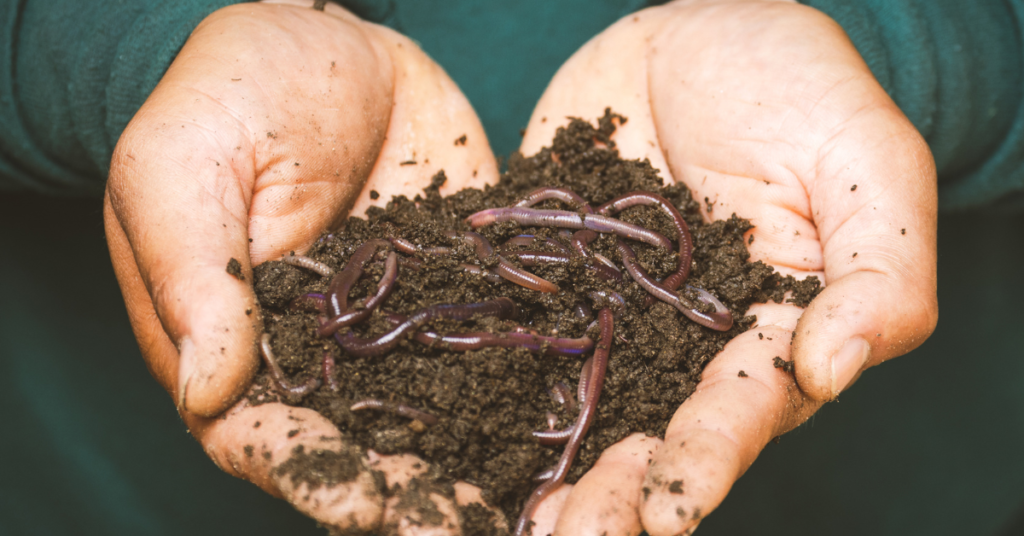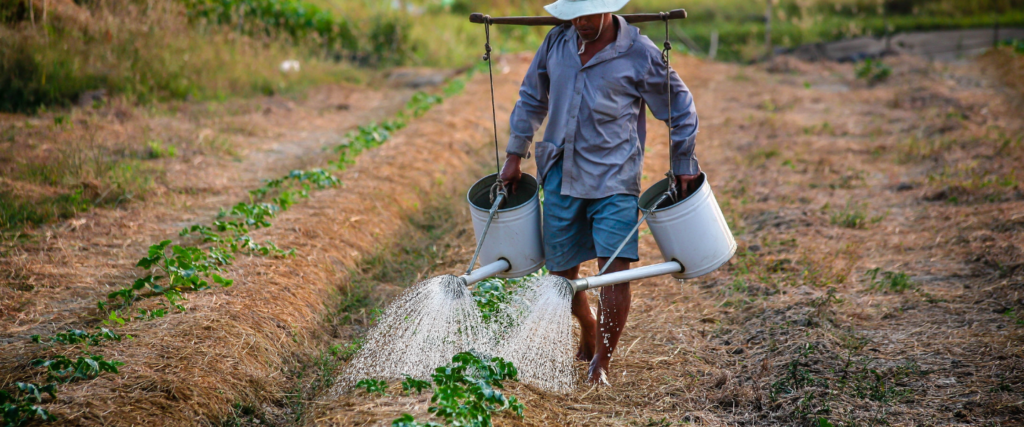Organic gardening is a sustainable method of growing food that has been gaining popularity in Africa as a way to improve food security and reduce dependence on imported food. With the right support and resources, organic gardening can play a key role in helping farmers in Africa to adapt to changing conditions and grow healthy, nutritious food for their families and communities. Organic gardening has great benefits that if harnessed could see Africa rise from the ashes of food insecurity.
It improves biodiversity

One of the main benefits of organic gardening is that it promotes biodiversity. By using natural methods to manage pests and diseases, organic gardens provide a habitat for beneficial insects and other organisms that help to maintain a healthy ecosystem. This helps to protect the environment and improve soil health, which is particularly important in Africa where soil degradation is a major problem.
Organic gardening promotes local consumption
Organic gardening also helps to improve food security by producing food locally. Many small-scale farmers in Africa rely on traditional farming methods that have been passed down for generations. These methods often involve using natural resources in a sustainable way and are in line with the principles of organic gardening. However, as the population grows and the demand for food increases, many farmers are under pressure to adopt more intensive and industrial farming methods, which can be harmful to the environment and human health.
With Organic gardening, everything is local
Organic gardening offers a solution to this problem by providing a way for farmers to increase productivity while minimizing negative impacts on the environment. Organic gardening methods are particularly beneficial for farmers in Africa because they can be adapted to local conditions and can be carried out with limited resources. For example, composting can be done using locally available materials such as leaves, grass, and kitchen scraps. This means that farmers do not have to rely on expensive inputs, and can produce high-quality food for their families and communities.
In addition to improving food security, organic gardening also has social and economic benefits. By producing food locally, organic gardening can help to create jobs and stimulate economic growth in rural communities. In addition, organic gardening can also promote community development by creating opportunities for education, training, and networking.
Organic Gardening is not all rosy
Despite the many benefits of organic gardening, there are still some challenges to be overcome. One of the main challenges is a lack of knowledge and resources. Many farmers in Africa are not familiar with organic gardening methods and may not have access to the information and tools they need to get started. This is why it is important for organizations and governments to invest in training and education programs to help farmers learn about organic gardening and how to apply it in their own gardens.
Another challenge is the lack of recognition and support for organic farmers. In many cases, organic farmers are not able to access the same markets and receive the same prices as conventional farmers. This can make it difficult for them to make a living and discourage others from adopting organic gardening methods. It is important for governments and organizations to work together to create policies and programs that support organic farmers and promote organic farming.
All it takes is for one person to start!

Organic gardening is a powerful tool that can be used to combat food insecurity in Africa. By using natural methods to manage pests and diseases, organic gardens promote biodiversity, improve soil health and support food production locally, and with the right support and resources it can help farmers adapt to changing conditions and grow healthy, nutritious food for their families and communities. All it takes is for you to start, and start now!
We train in organic gardening for small and large-scale spaces anywhere on the continent, physically and virtually. If you would like to start, book your consultation with us here.
Hi, this is a comment.
To get started with moderating, editing, and deleting comments, please visit the Comments screen in the dashboard.
Commenter avatars come from Gravatar.